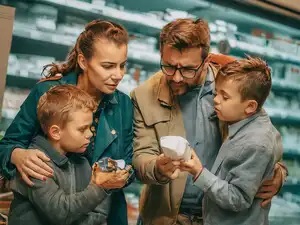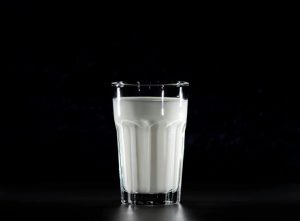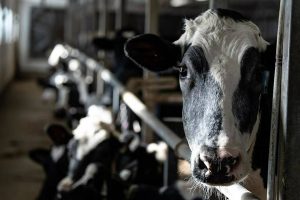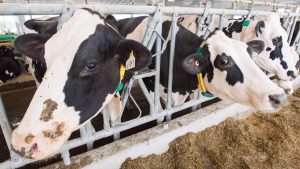
Advocates for reducing plastic pollution and people who rely on empty beverage containers to pay bills or raise funds are applauding B.C.’s move to add milk and milk-alternative containers to its container deposit recycling system.
“These types of materials where there is value, where people can make money returning them, they do get returned at a greater rate,” said Chelsea Rochman, an assistant professor at the University of Toronto, who has been studying plastic pollution for 10 years.
First announced in October, the move to charge a 10-cent deposit on milk and milk-alternative containers is part of B.C.’s action plan to reduce plastic waste.
The containers can be taken to one of around 170 Return-It locations across the province run by not-for-profit Encorp Pacific.
“Shifting milk containers to the deposit-refund system will capture the millions of additional plastic and fibre-based containers that were otherwise being thrown out,” the Ministry of Environment said in a statement.
Starting February 1st, you'll be charged a 10¢ deposit on milk & plant-based beverage containers and get a 10¢ refund when you return them.
Learn more – https://t.co/lyojrh0eOd pic.twitter.com/o1MJLjkgcs— Return-It (@Return_It) January 18, 2022
The province says the new program will specifically help recover milk containers that might not be recycled by restaurants, schools or offices that don’t have access to the residential recycling system.
The containers are a common sight in blue boxes across the province. According to Statistics Canada, in 2015, 64 litres per capita of milk of all types were consumed in Canada.
In 2020, 64 per cent of rigid plastics were recovered by Recycle B.C., compared to 85 per cent of metal and 97 per cent of glass items.
Rochman said B.C.’s move to apply a 10-cent deposit on milk and milk-alternative containers should result in more of them being recycled, meaning they won’t end up in landfills or as ocean pollution.
The new deposit will also help reduce the need for making new plastics in the future.
She hopes to see more types of plastics included in the container deposit system such as detergent bottles or yogurt containers.
More money for binners
Despite the new deposit, milk and milk-alternative containers may still end up in blue boxes, but it’s likely they will be siphoned off before going very far.
Vancouver’s Binners’ Project, which supports more than 100 people who collect containers that have been discarded as litter or put in garbage cans but are worth money, said the additional deposit will be a boon.
“People are pretty excited about it. Some have been calling for this for a long time,” said Sean Miles, the director of the project.
Miles said, on average, binners who collect for eight hours a day make around $50, or $6.25 an hour. Milk containers, which are lighter than glass bottles, should make it easier to collect and haul more away, said Miles.
“We do expect that this will lead to an overall income improvement for binners to their weekly or daily earnings,” he said.
Miles said binners in Vancouver were consulted by the province about the change as part of the province’s Clean B.C. plan. The Binners’ Project has been advocating for milk containers to be added to B.C.’s container deposit system, saying Alberta has had a similar scheme since 2009.
‘A little more …’
Other people who rely on collecting containers to raise money are also expecting to benefit from the deposit on milk containers.
Scott Kaminski, the chair of the parents advisory council for Chief Maquinna Elementary school in East Vancouver, said the council recently sent a reminder to its families to begin setting aside milk containers, along with other refundable items.
After the pandemic began, the PAC lost its main fundraising source through its hot lunch program. It set up a school account with Return-It, so that families could drop off containers and donate the proceeds to the PAC.
Remember to rinse out your milk and plant-based beverage containers before taking them to your nearest Return-It site for recycling.
Learn more – https://t.co/LlX793S8nt pic.twitter.com/ctn3CWL8HD— Return-It (@Return_It) January 18, 2022
Kaminski hopes adding the milk containers to what can be returned will result in more funds.
“I think for our case, it definitely will give us a moderate increase in volumes on our accounts and allow us to get a little more passive income,” he said.
The province said infant formula, meal replacement/dietary supplements, coffee cream, whipping cream, buttermilk or drinkable yogurt should still be disposed of through curbside recycling or by dropping the containers off at a depot.
Encorp Pacific. is asking that people rinse milk containers out before returning them as only clean containers will be accepted.
Workers will also be checking best-before dates on containers and rejecting those from before Feb. 1, 2022.

























